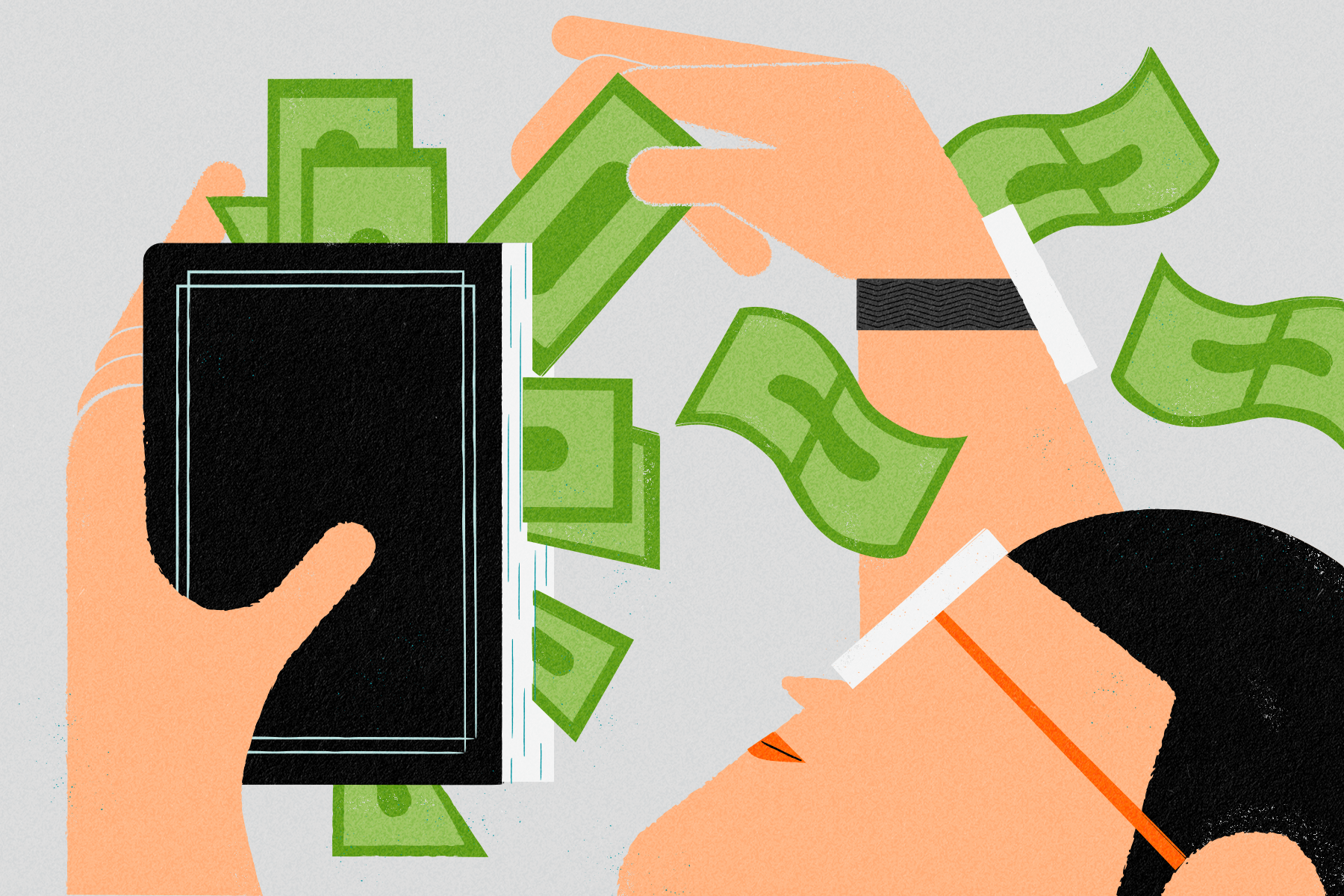
- Home
- About
- Company articles
- Book advances and royalties
Writing books is a labour of love, but it’s also a job and creators need to make money. So how are authors paid for their work?
Press headlines like “author signs six-figure book deal” are eye-catching but present a distorted view of how author advances and royalties work. Those headlines highlight the exception, not the rule, and the reality is that advances, royalties and subsidiary rights - the ways in which authors are paid for their books by publishers - work in a much more nuanced way.
The advance: what it is and how it’s calculated
An advance, Penguin Random House’s contracts director Emma D’Cruz explains, is the “sum of money paid to an author upfront when they sign a contract with a publisher".
Advances are carefully decided on by publishers, who create a profit and loss statement for “each book they wish to acquire, which sets out the outgoings, such as manufacturing costs and the income from estimated sales,” Emma says. These figures enable the publisher to calculate the level of advance they can offer.
It’s for that reason that advances can vary significantly in size. While well-established authors might sign a six-figure advance, for the majority of debut authors the value is going to be much lower. On each book a publisher is taking a financial risk: paying not just the value of the advance but investing a significant amount of time, money and expertise in getting the book ready for publication and into the hands of readers. The advance is a careful calculation made by the publishers which reflects this risk in light of the book’s estimated sales.
The advance is usually paid to the author in instalments, which tend to be on signing the contract, after submitting the final manuscript, and then on publication.
Other ways authors make money: royalties
In addition to the advance, authors are also paid through royalties. “A royalty is an amount of money paid to an author from the sale of each book,” explains Emma. “This will usually be a percentage of the book's RRP.”
The relationship between the advance and royalties is important. “The advance will be offset against future royalty payments and subsidiary rights revenue once the book is on sale,” Emma says. This means that an author won’t get additional payments until the initial sales of a book are equal to the size of their advance. An industry term for this is ‘earning out’ your advance.
There are many types and levels of royalties. Emma explains: “There are different royalties paid on different formats (such as hardback, paperback, ebook). They vary for sales that take place in the UK or for sales to other countries for export, and also on the type of book. For example, royalties may be lower for highly illustrated, expensively produced books.”
Authors will get royalty statements twice a year, and payment is made then, too. A publisher’s royalties department will get the author’s bank details and arrange for payment to be made directly into their account.
And what about subsidiary rights?
Authors also receive subsidiary rights revenue, once their advance is 'earned out'. This is money made when the rights to the author’s book are licensed to third parties, for example for translated publication in other countries or for adaptation.
When an author chooses the publisher’s own in-house rights team to represent them, this typically means they are represented for all world territories in all languages and all editions (including adaptation rights for film and TV). As an author, you automatically hold the copyright in your book and it’s the publisher’s job to make sure that they ‘exploit’ the rights that they are granted, whether that is, for example, finding the best possible publisher for the US or translation rights, book to film rights or serialisation rights. If the author is represented by an agent, the rights sold to the publisher may vary, with some rights being retained by the agent for them to sell themselves.
As Chantal Noel, Penguin Random House’s group rights director explains, ‘’We look to find the very best publishing partners in a range of rights markets and channels, maximising our networks and expertise to negotiate the best possible terms on behalf of our authors’’.
An author should be able to trust their rights team and / or agent to be securing optimum terms on every deal.
Illustration: Mike Ellis for Penguin